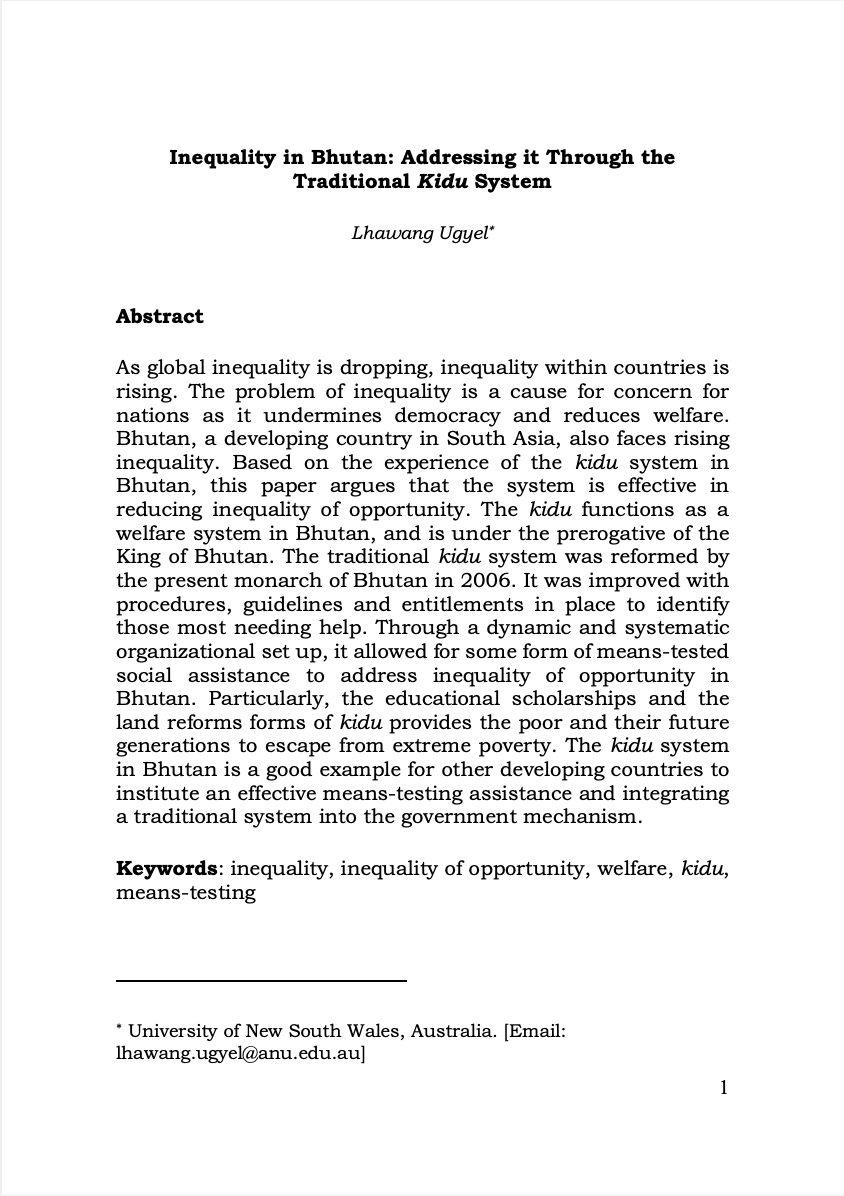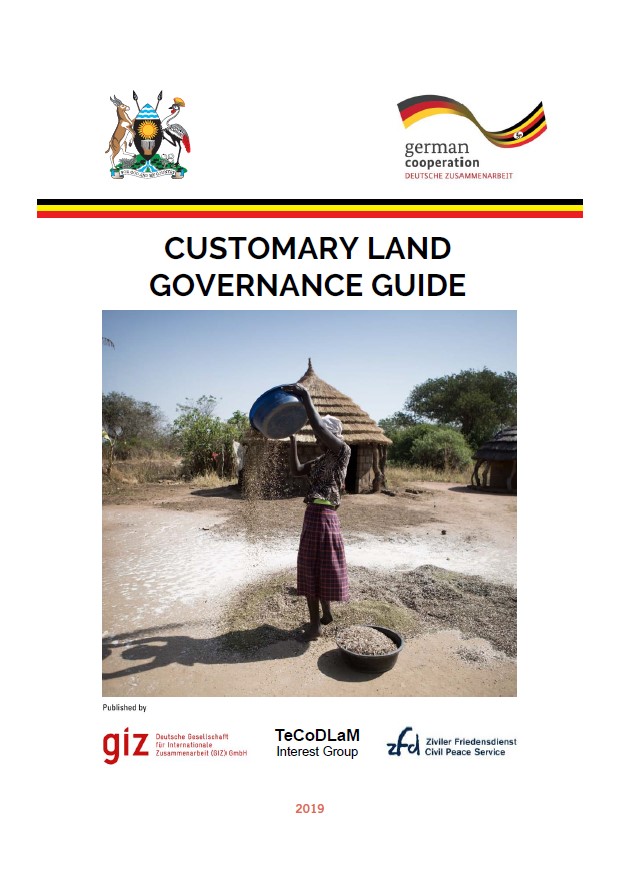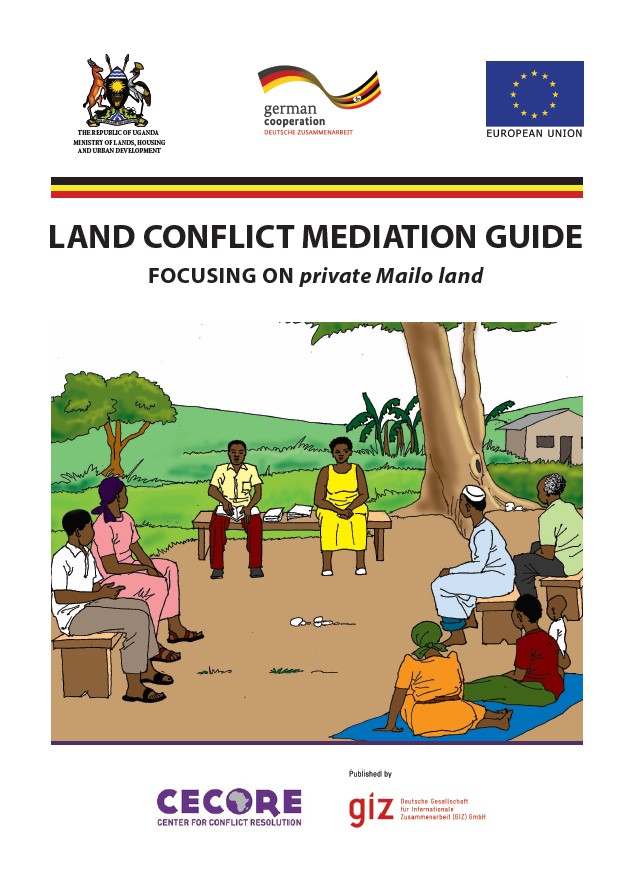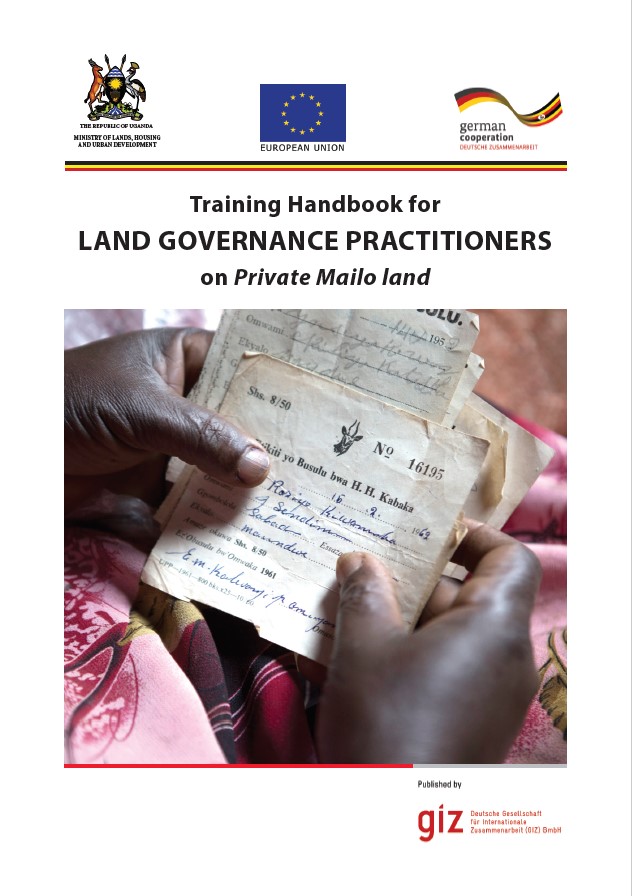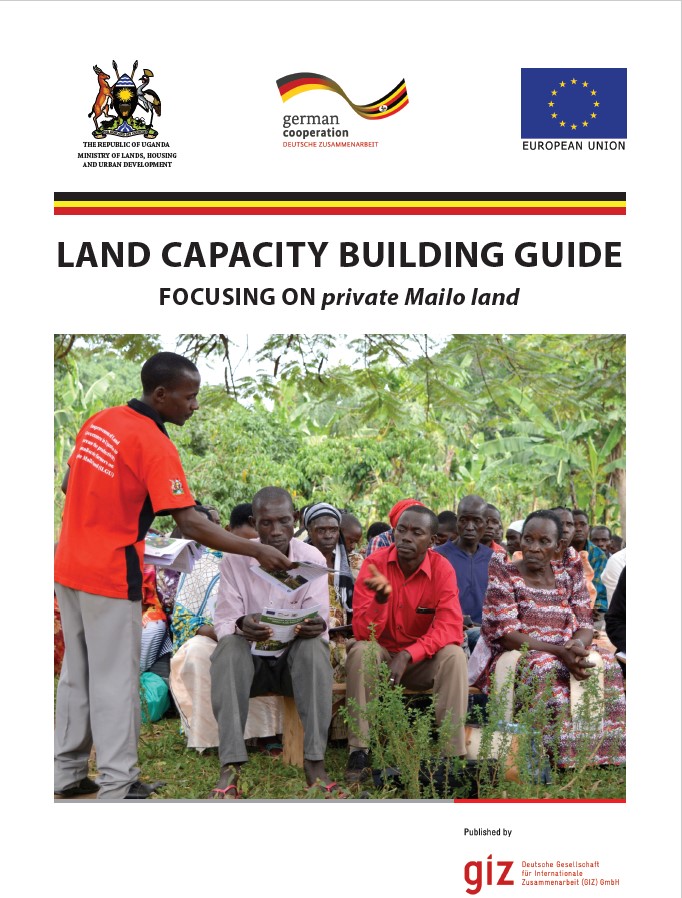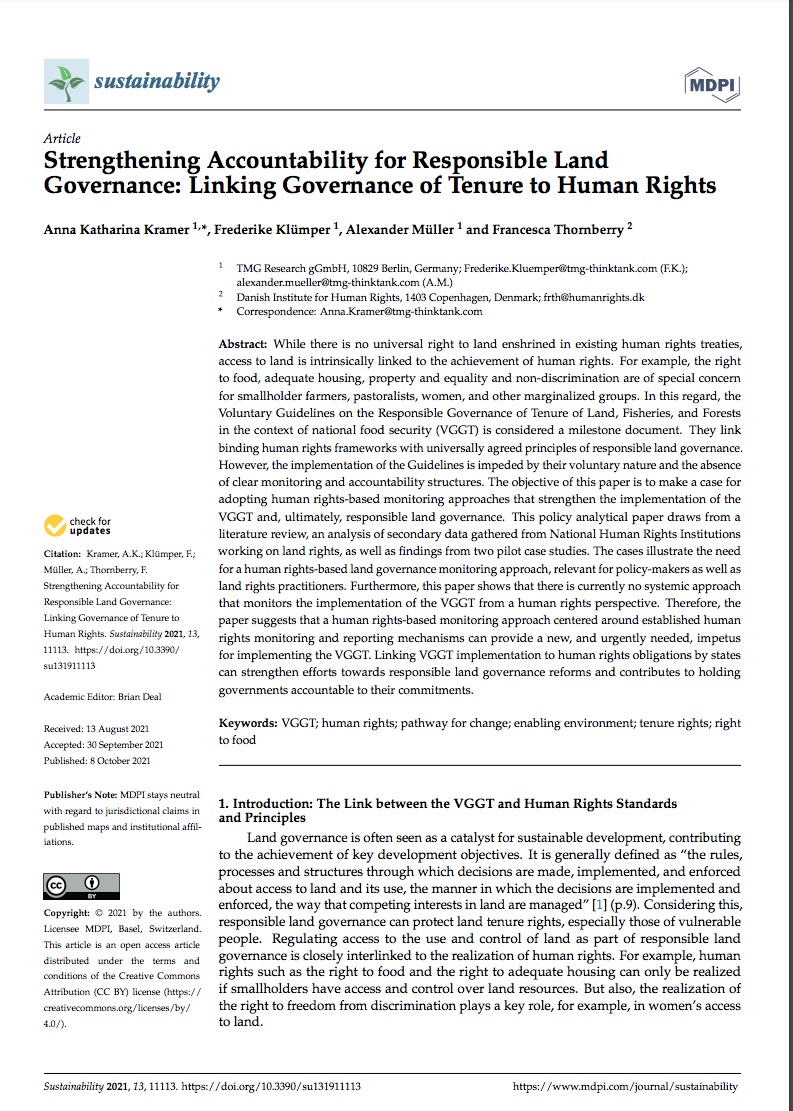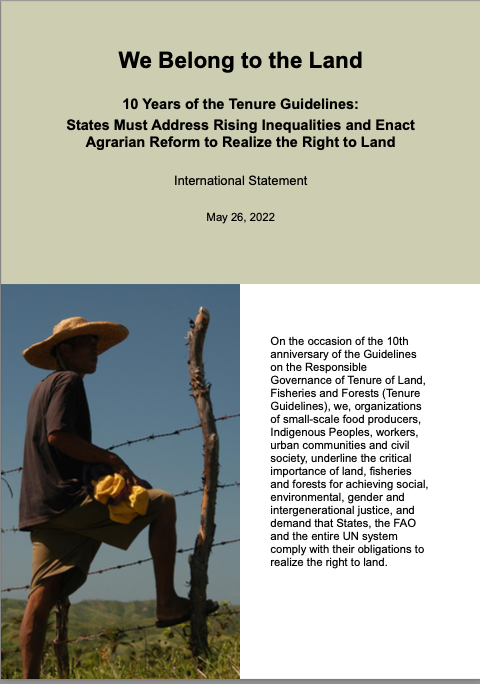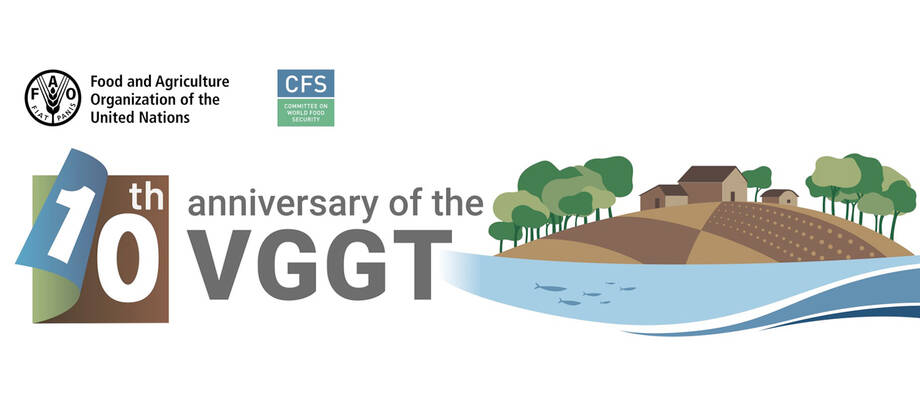Inequality in Bhutan: Addressing it Through the Traditional Kidu System
As global inequality is dropping, inequality within countries is rising. The problem of inequality is a cause for concern for nations as it undermines democracy and reduces welfare. Bhutan, a developing country in South Asia, also faces rising inequality. Based on the experience of the kidu system in Bhutan, this paper argues that the system is effective in reducing inequality of opportunity. The kidu functions as a welfare system in Bhutan, and is under the prerogative of the King of Bhutan. The traditional kidu system was reformed by the present monarch of Bhutan in 2006.

